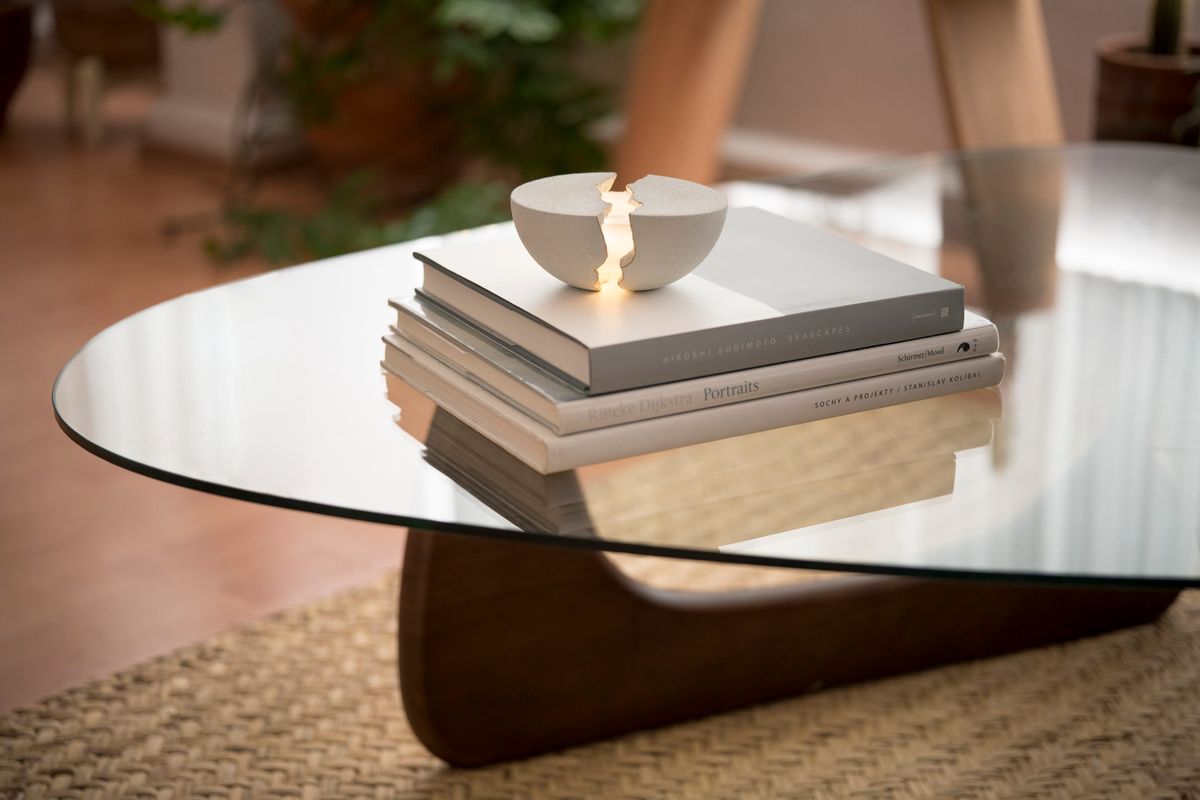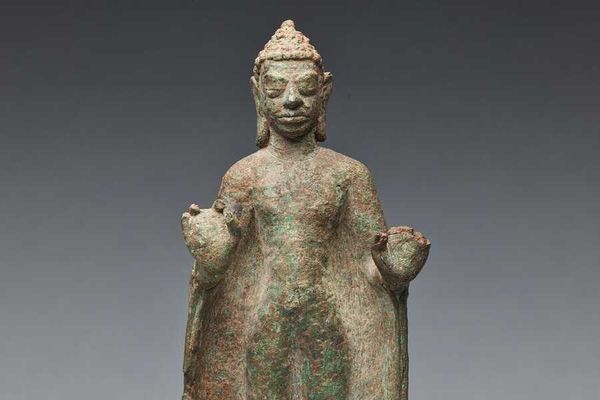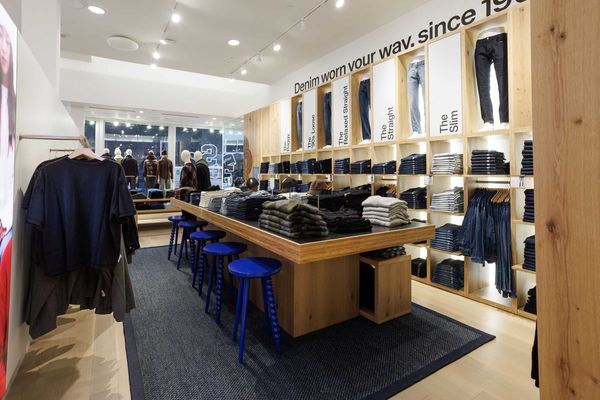Feeling disenchanted? It's true, enchantment has been tough to come by in 2020. If you're struggling to find your inner child, whose instinct is to delight in the little things, architect Max Gunawan—creator of the marvelous Lumio—has something new for you.
Launched via Kickstarter last week, Teno is our new object of desire: an objet, really, that was designed to be beautiful; to surprise; to promote patina and permanence over slick plastic replaceability; and most importantly, we think, to restore our belief in magic.
I first met Gunawan back in the fall of 2013 when from his San Francisco workshop emerged a product design to impress even the most jaded editor. The Lumio, the simplest of wooden books from the outside, opened into an accordion-style LED lamp that glowed with mystical light and, 100 percent of the time, elicited peals of amazement and joyful laughs from those who opened and were illuminated by it. Also a crowd-funded project that launched via Kickstarter, Lumio featured in 7x7's annual holiday gift guide and was the darling of our holiday pop-up shop at SFMOMA that year. Not long after its debut, Lumio (recently renamed Lito) was nominated for Cooper Hewitt, Smithsonian Design Museum's People's Design Award. (We like to think we know a star when we see one.)
Fast-forward to the darkest year in memorable history when we could all use a glimmer of light and Gunawan, now living in Paris, is kindly handing it to us.
Teno, a bowl-shaped sculpture made of sand, is so soft-looking that it begs to be picked up, touched, rolled around in the fingers. A delicate crack across its top all but says open me before it slides outward to reveal, aha!, a ray of rich warm light. But surprise! As you tap or slide your fingers along Teno's tactile surface, the light dims and brightens, and then music begins to play. No buttons, just the most intuitive (and definitely the prettiest) wireless bluetooth speaker yet. When Gunawan first showed it to me over video chat a few weeks back, I could feel him watching for my predictable reaction. Just as Lumio had before it, Teno teases out anticipation, curiosity, and always a wow.
It's a far cry from the sleek Bang & Olufsen sound system in Gunawan's own home which, he says, is an excellent stereo but "it doesn't inspire me." The architect, like the rest of us, wants to feel a sense of awe in his daily life, but it's not just that—he wants to feel connected to nature, as well as to the items in his home, which he believes should not just be timeless but should actually improve over the years.
"I found myself inspired by kintsugi, the Japanese art of piecing together broken parts rather than throwing them away," he writes. "I want to break the cycle of yearly upgrades and obsolescence. I want to focus instead on delight, beauty, and quiet joy—that feeling that I get when I drink my morning coffee from an old ceramic cup that's only gotten more beautiful over time. Teno is very much inspired by this idea of hanging on to the few precious pieces that we have at home."
Of course, Teno is still a piece of high technology, just in disguise. It connects to your phone to stream your favorite tunes and has a discreet magnetic charging base. Want surround sound? Buy two!
// Support the production of Teno and pre-order a speaker of your own (with a pledge of $240 or more) at kickstarter.com. Teno is expected to begin shipping in May 2021. For more info about the Lumio brand and its products, go to to hellolumio.com.




















